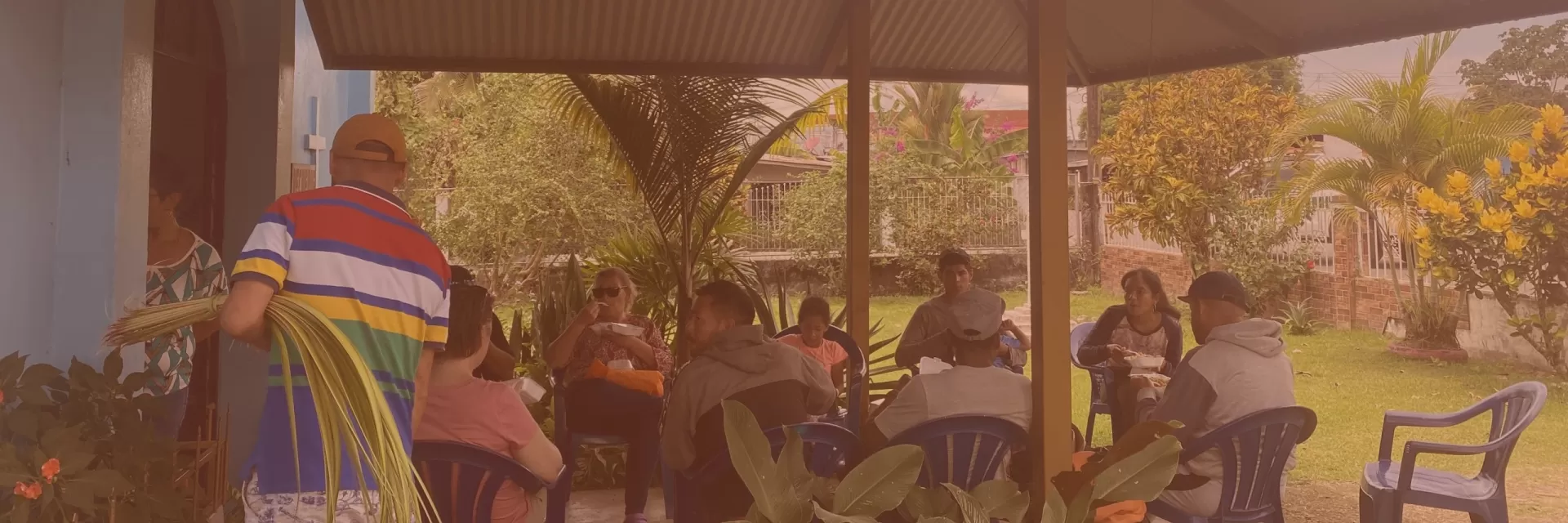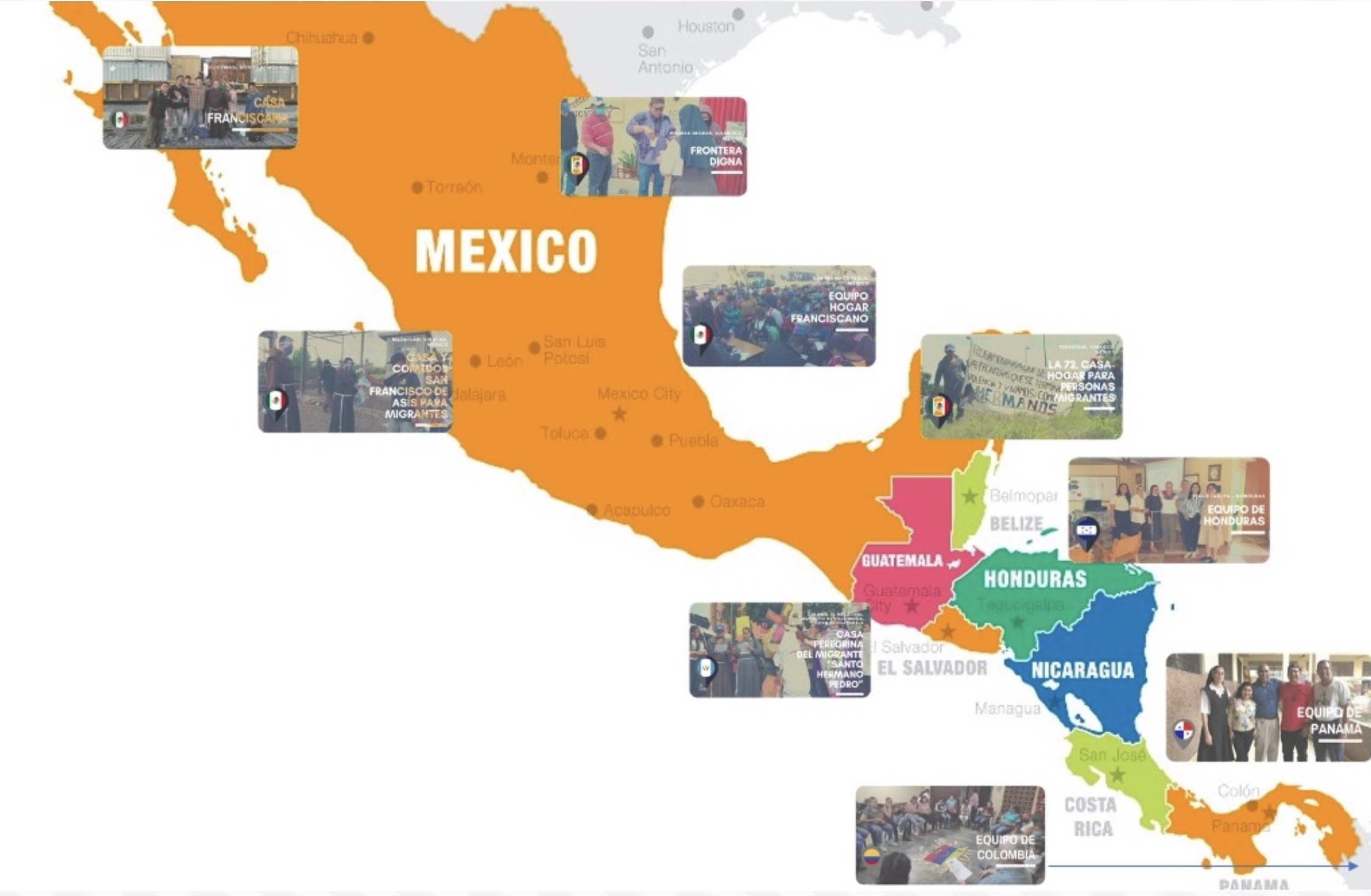Daily Dispatch 8/14/18
A new series in which we (will aspire to) offer a sampling of today’s headlines on immigration, race, and related stories.
August 14, 2018:
U.S. citizen parents fear their 4-year-old adopted daughter may be deported after her immigration case is denied and visa set to expire.



